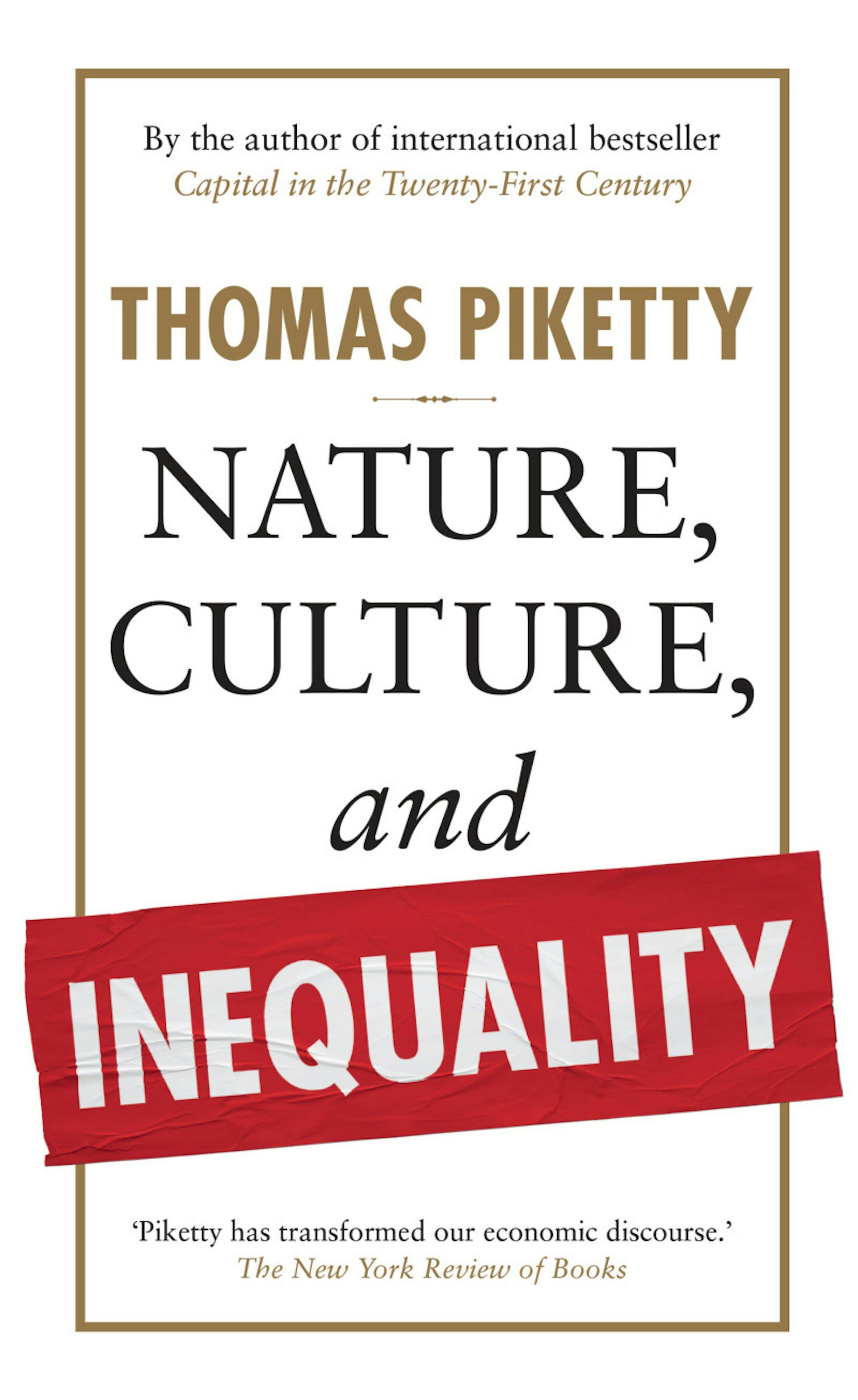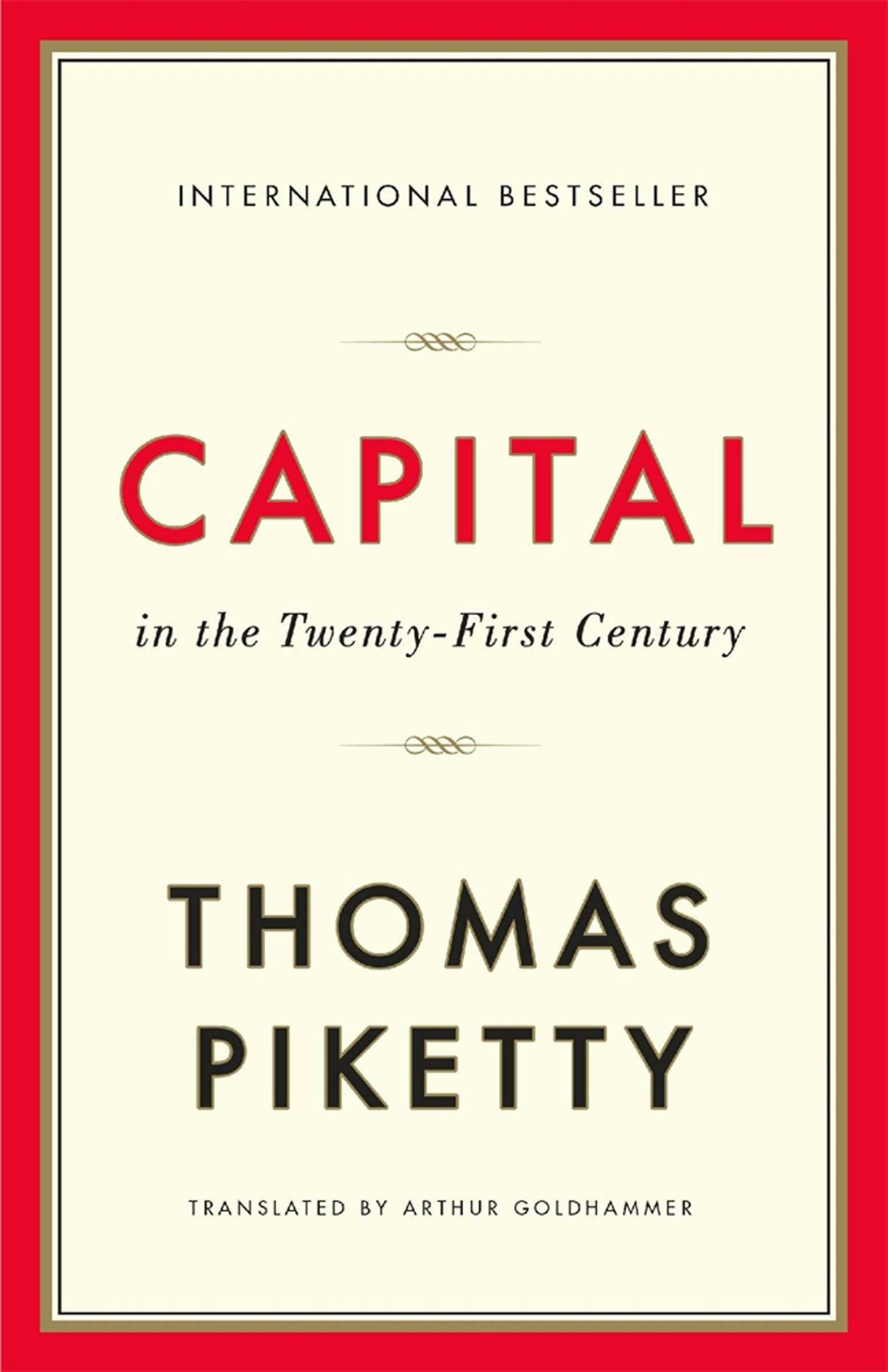Dec 19, 2024 (MENAFN via COMTEX) --
(MENAFN - Asia Times) Book Review: Nature, Culture, and Inequality by Thomas Piketty, translated by Willard Wood (Scribe)
Thomas Piketty's Nature, Culture, and Inequality is a little book that addresses an issue of great significance: Is the social inequality we observe every day natural?
Drawing on historical economic data from around the world, Piketty describes a tendency from the late 18th century toward greater political and socioeconomic equality. This was particularly apparent in Western countries from around 1914 to around 1980. There has since been a pronounced slowing of that trend.
Piketty points out that inequality manifests in different ways in different societies; it also manifests in different ways in the same societies over history. Inequality, he says, has"followed markedly different trajectories - political, socioeconomic, cultural, civilizational, and religious".

This shows us that human culture is more variable, and therefore more malleable, than many have assumed."It is culture in the broadest sense," he argues,"and more particularly political mobilization" that"provides an explanation for the diversity, degree, and structure of the social inequalities we observe."
As such, there is no reason why we cannot continue the 20th century arc of development toward greater equality in the present century. In fact, without seriously addressing inequality, Piketty argues, we cannot hope to adequately address the climate crisis.

Piketty is a professor at the EÌcole des Hautes EÌtudes en Sciences Sociales (EHESS) and the Paris School of Economics, and co-director of the World Inequality Lab . He is best known for his landmark Capital in the Twenty-First Century (2013), which became a bestseller and sparked a global debate about capitalism, inequality and taxation policy.
Using historical analysis and statistics, Piketty argued that if the return on capital exceeds the growth rate of the economy, it follows that wealth will become increasingly concentrated. This, in turn, leads to alarming increases in inequality, which are not only unfair but undermine democratic and meritocratic values, trust in institutions and social cohesion.
Piketty's new book is designed to make his thought available to a wider audience. It is adapted from a 2022 lecture drawing on historical and comparative research on inequality from the World Inequality Database and his book A Brief History of Equality (2021).
Conversational in style, and accompanied by attractive color charts, the book moves briskly through topics including income and wealth inequality, gender inequality, the rise of the welfare state, education spending, progressive taxation of income and inheritance, the collapse of colonial assets, public debt crises and the climate crisis.
Piketty distils some of his key insights about the development of income and wealth inequality across history, and presents what he views as the key to a more just and sustainable world.
Income and wealth inequality
When it comes to income (who earns what), the bottom 50% of earners receive 5-6% percent of total income in the most inegalitarian countries (e.g. South Africa). In more egalitarian countries (e.g. those in northern Europe), the bottom 50% earn 20-25% of total income.
MENAFN18122024000159011032ID1109009673

COMTEX_461027653/2604/2024-12-19T10:23:54